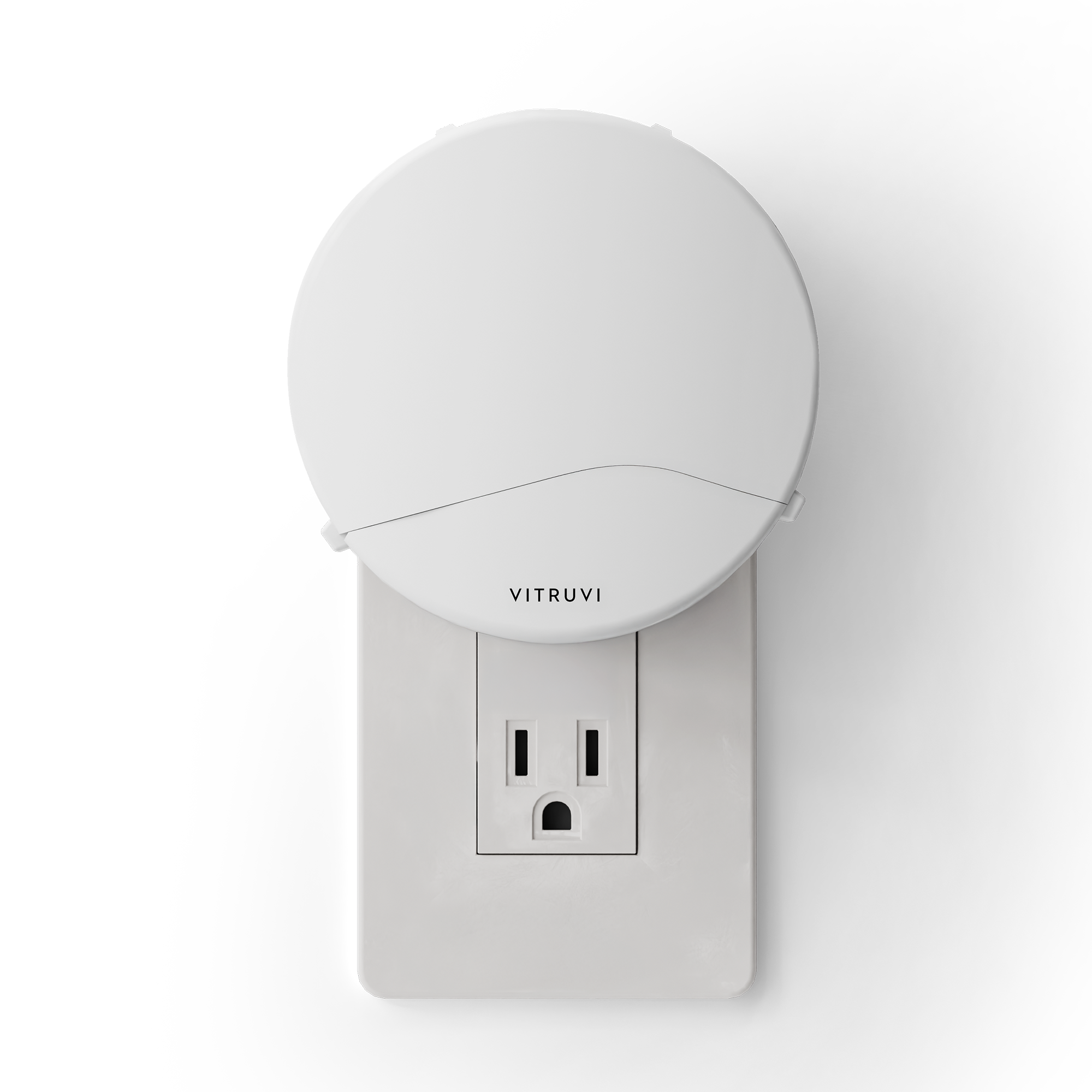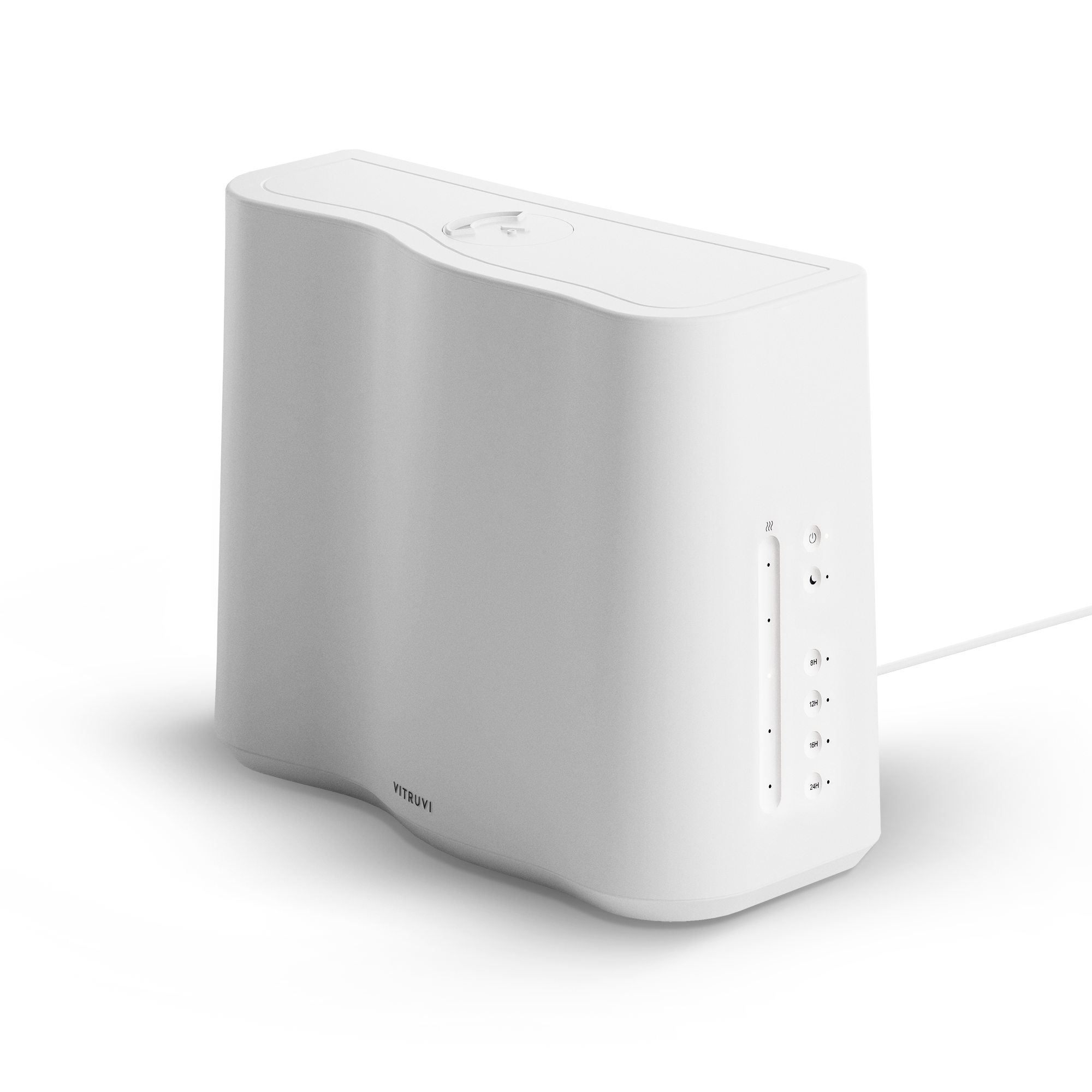If you’ve spent long, sleepless nights tossing and turning, you’re not alone. Sleep is something of an elusive beast—most of us need more of it, but we’re not sure how to get it.
In a 2020 paper published in the Journal of Sleep Research, 50.5 percent of participants reported having difficulties with insomnia. So if you’re looking to improve your sleep habits, consider these simple tips.
Go to bed when you are actually sleepy
Many people tend to go to bed when they simply want to put an end to the day. However, according to Dr. Shelby Harris, behavioral sleep-medicine specialist and author of The Women’s Guide To Overcoming Insomnia, if you aren’t sufficiently sleepy—meaning if you aren’t yawning, feeling heaviness in your body, or struggling to keep your eyes open—you’ll likely have trouble with forcing rest.
“Tired isn’t the same as sleepy,” Harris says. “Many people feel tired but wired when they get into bed, which means sleep doesn’t happen.” Instead, she suggests timing bed with when you are actually sleepy, not just tired.
Keep a regular sleep schedule
If possible, aim to have a consistent bedtime and wake-up time. This will help your body regulate when to fall asleep and stay asleep. “Getting up at the same time daily,” Harris explains, “and getting some light exposure right after awakening, helps you actually set that morning and evening body clock.”
Turn screens off before bed
Take a break from your smartphone, laptop, or television, and set aside at least 30 minutes—ideally even 60 minutes—of time to wind down before bed. “The brain needs to decompress without screens,” Harris notes, adding that any electronic devices that emit blue light can make it hard for someone to fall and stay asleep.
“Blue light before bed negatively impacts our brain’s natural melatonin production,” Harris explains. “Melatonin is made in our brains and needs darkness to help us get sleepy. It is the hormone that makes us sleepy, and it doesn’t like light—especially blue light.”
Instead of scrolling through Instagram or watching Netflix right before bed, consider alternate forms of entertainment such as reading or listening to music. If you currently use your phone as your alarm clock, try something like Loftie instead.
Create a restful environment
Optimize your sleep environment by keeping your bedroom dark, cool, quiet, and clutter-free. Dim the lights and draw the curtains when it’s almost bedtime. Use a humidifier to hydrate the air in your room (which has amazing benefits including preventing snoring, soothing dry throats and stuffy noses, and moisturizing your skin). Organize the items on your nightstand and place your dirty clothes in the laundry hamper. And when it comes to your bedding, opt for lightweight and breathable sheets (linen is a great option) to maintain a comfortable sleep temperature.
Practice mindfulness
Bedtime meditations, which can include light stretches and calming breathing exercises, may help you fall asleep. According to the findings of a 2015 study published in JAMA Internal Medicine, participants who went through standardized mindful awareness practices experienced less insomnia and fatigue in just six weeks.
If you don’t know where to start, a number of online resources such as the Headspace app offer guided meditations, ranging from 15-minute to hour-long sessions, that are specifically designed to help you unwind and achieve a good night’s sleep.
Use scent
Studies have shown that certain aromas can help relieve stress, promote relaxation, and enhance sleep quality. Diffuse all-natural scents like Vitruvi’s Sleep Blend, featuring mind-soothing, grounding oils including Lavender, as part of your nightly routine. Doing so regularly may also help establish rituals and signal to the brain that it’s time to sleep.
Try sleep journaling
With stress often leading to sleep problems, those who suffer from insomnia may find journaling every night effective in helping them organize their thoughts and relax at bedtime. A 2011 study suggests that personal writing can help ease worries, quiet one’s mind, and improve sleep.
Spend a few minutes before bed reflecting on your day and putting your thoughts on paper—regardless of whether they are positive or negative. The trick is to be honest about how you feel as you write rather than bottling things up, which will help you properly clear your head before sleep. And then you can float away to dreamville.











